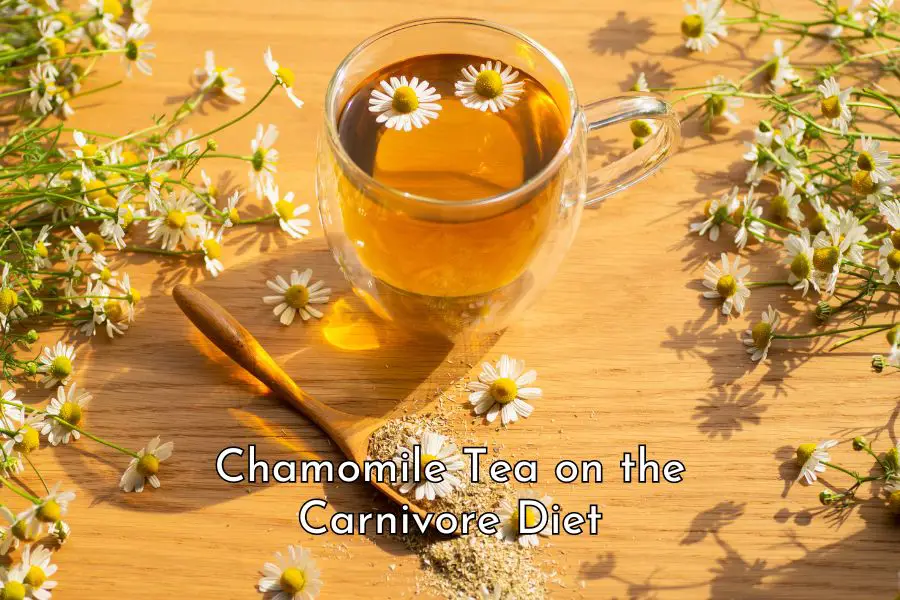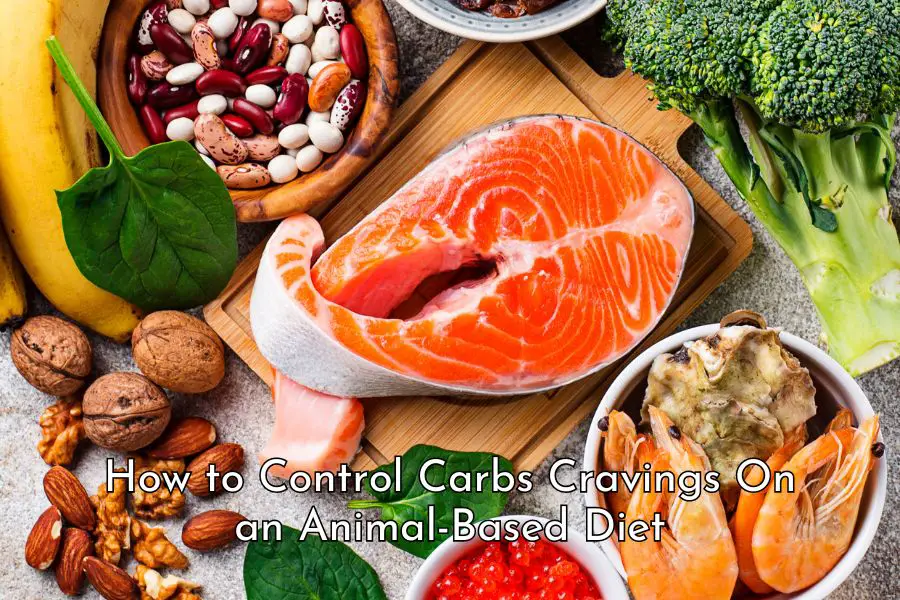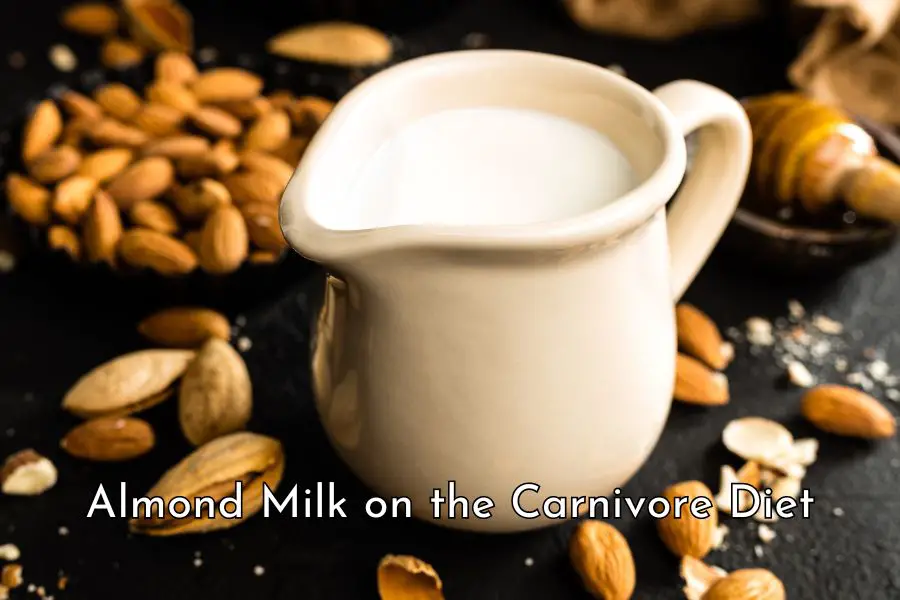Forget about commercial store-bought pet food made from low quality ingredients full of cheap fillers like rice, maize, wheat, and soy, along with various additives. Your cats and dogs are carnivores and the best thing you can do for your pets’ health is to put them on a carnivore diet and feed them animal-based food.
Why Cats Are Obligate Carnivores
Domesticated cats are obligate carnivores, which means they must eat meat to get the nutrients that their body needs and their diet should primarily be animal-based food. They cannot obtain all the nutrients that they need from plant-based food. [1, 2]
For example, cats don’t have the enzyme needed to convert beta-carotene from plant-based food to vitamin A and must obtain preformed vitamin A from their prey. Cats also cannot synthesize taurine, an amino acid that is only found in meat, therefore, they must consume meat to obtain taurine which is vital for their heart health and vision. Niacin (vitamin B3) is another example. While some animals can make niacin from tryptophan (an essential amino acid used to make proteins), cats can only obtain niacin by eating preformed niacin. [3, 4, 5]
In addition to their nutritional needs, cats also show other characteristics of an obligate carnivore.
Cats have sharp, pointed teeth, including long canine teeth and sharp molars, which are adapted for tearing, shredding, and crushing animal flesh. Their unique jaw structure also allows for a wide gape, which aids in delivering a lethal bite to their prey.
Cats have a relatively short digestive tract, which is typical of carnivorous animals. Because raw prey is highly digestible, carnivorous animals do not need a long gut and bacteria to ferment and breakdown nutrients that herbivores or omnivore animals typically need due to the plant component of their diet. [6]
Furthermore, cats have a limited ability to digest and utilize carbohydrates. For example, cats are unable to produce salivary amylase, an enzyme that helps animals process carbohydrates. [7, 8]
Domesticated cats come from the wild cat family (e.g. lynx, puma, lion, tiger, and leopard) and have evolved from wild ancestors that were obligate carnivores and their physiology has adapted to thrive on a diet primarily consisting of animal tissues. Archeological discoveries suggest that cat domestication began approximately 10,000 years ago, likely initiated by cats seeking mice, snakes, and food scraps around human settlements. [9, 10]
In the wild, cats might consume small amounts of plant material incidentally, such as through the stomach contents of their prey. However, their diet remains primarily focused on animal-based nutrition.
Why Dogs Are Facultative Carnivores
Domesticated dogs, on the other hand, are considered facultative carnivores, which mean they are not strict or obligate carnivores but they still thrive on a diet primarily consisting of animal-based foods.
Domesticated dogs are descendants of grey wolves, which are considered obligate carnivores. As a result, they still possess certain characteristics that are typical of carnivores. [11]
For example, dogs have sharp, pointed canine teeth designed for biting, tearing, ripping and chewing meat and bones, which is a characteristic of carnivores. [12]
Dogs also have a shorter digestive tract optimized for processing animal proteins. Unlike humans and herbivores, dogs lack the starch-digesting enzyme amylase in their saliva, which means they tend to not chew but gulp their food down quickly except for tougher items. Instead, they heavily rely on digestive enzymes present in their stomach to break down the ingested food. They also have a relatively short gut transit time of about 10 hours compared to herbivores like cows that may take about 2 to 4 days to fully digest their food. [13, 14]
However, the domestication of dogs and their close association with humans and their diet over the last 15,000 years or so has led to changes in their dietary habits. As a result of this long association, they have adapted to scavenge on a variety of foods that humans consume, including plant-based food and have some biological adaptations that allow them to derive some nutrition from plant-based sources. [15]
For example, dogs also have more flattened molars compared to obligate carnivores, allowing them to grind and chew plant matter to some extent. [16]
In addition, although they don’t have salivary amylase, there is amylase activity in pancreas secretions that help them digest carbohydrates. There are also genes that evolved rapidly during the domestication of dogs, some of which play key roles in the breakdown of starch. [17, 18]
It’s important to note that while facultative carnivores like dogs can handle a diet that includes both animal and plant-based foods, their nutritional requirements are still best met with a diet that is primarily focused on animal-based proteins and meets their specific needs.
What Best to Feed Your Dogs and Cats
Domesticated cats and dogs have evolved and adapted to coexist with humans in order to survive. They certainly can handle both plant-based and animal-based food and appear to be fine but they are both carnivores and I believe the best diet for them is a carnivore diet.
Remember that they are descendants of obligate carnivores (wild cats and grey wolves) and their ancestors have lived for millions of years on a raw carnivore diet, their physiology, therefore, is best suited to a carnivore diet.
As a result of the domestication process over the last 10,000 to 15,000 years, they have evolved to adapt to different food sources and can handle both plant-based and animal-based food but it does not necessarily mean that an omnivore diet is optimal for them.
Their time on an omnivore diet, due to their association with humans, is only a tiny fraction compared to the millions of years they spent as obligate carnivores in the wild, hunting and consuming fresh prey.
And the amount of time that they have been forced to live on commercially produced dog food and cat food that is often filled with cheap fillers and additives is even a tinier fraction compared to the amount of time they’d lived as obligate carnivores.
I don’t know about you, but in my opinion, the stuff listed below shouldn’t even be called food.
Chicken By-product Meal, Wheat, Ground Whole Grain Corn, Soybean Meal, Brewers Rice, Animal fat (Preserved with Mixed Tocopherols), Meat and Bone Meal, Natural Flavor, Chicken, Corn Gluten Meal, Wheat Flour, Potassium Chloride, Salt, Choline Chloride, DL-Methionine, Taurine, Calcium Carbonate, Dried Peas, Zinc Sulfate, Vitamin E supplement, Ferrous Sulfate, Yellow #6, Dried Carrots, Yellow #5, Copper Sulfate, Vitamin A Supplement, Blue #2, Red #40, Niacin Supplement, Vitamin B12 Supplement, Riboflavin Supplement (Vitamin B2), Manganese Sulfate, Thiamine Mononitrate (Vitamin B1), D-Calcium Pantothenate, Citric Acid Supplement, Mixed Tocopherols (preservatives), Biotin, Potassium Iodide, Folic Acid, Rosemary Extract.
(an example of what’s in commercial cat food)
Deboned Chicken, Chicken Meal, Dried Chicken, Oatmeal, Barley, Brown Rice, Dried Tomato Pomace, Salmon Meal (source of Omega 3 Fatty Acids), Chicken Fat (preserved with Mixed Tocopherols), Natural Flavor, Flaxseed (source of Omega 6 Fatty Acids), Potassium Chloride, Direct Dehydrated Alfalfa Pellets, Salt, L-Threonine, Alfalfa Nutrient Concentrate, Calcium Carbonate, Dried Chicory Root, DL-Methionine, Dicalcium Phosphate, Choline Chloride, preserved with Mixed Tocopherols, Sweet Potatoes, Carrots, Zinc Amino Acid Chelate, Zinc Sulfate, Vegetable Juice for color, Ferrous Sulfate, Vitamin E Supplement, Iron Amino Acid Chelate, Blueberries, Cranberries, Barley Grass, Parsley, Turmeric, Dried Kelp, Yucca Schidigera Extract, Niacin (Vitamin B3), Calcium Pantothenate (Vitamin B5), Copper Sulfate, Biotin (Vitamin B7), L-Ascorbyl-2-Polyphosphate (source of Vitamin C), L-Lysine, L-Carnitine, Vitamin A Supplement, Copper Amino Acid Chelate, Manganese Sulfate, Manganese Amino Acid Chelate, Taurine, Glucosamine Hydrochloride, Thiamine Mononitrate (Vitamin B1), Riboflavin (Vitamin B2), Vitamin D3 Supplement, Vitamin B12 Supplement, Pyridoxine Hydrochloride (Vitamin B6), Calcium Iodate, Dried Yeast, Dried Enterococcus faecium fermentation product, Dried Lactobacillus acidophilus fermentation product, Dried Aspergillus niger fermentation extract, Dried Trichoderma longibrachiatum fermentation extract, Dried Bacillus subtilis fermentation extract, Folic Acid (Vitamin B9), Sodium Selenite, Oil of Rosemary.
(an example of what’s in commercial dog food)
People with vested interest or certain ideologies will tell you that cats and dogs are fine as long as you give them all the nutrients that they need even in an ultra-processed form that is full of grain-based additives (see examples above). But we all know that a multivitamin pill is nothing like a slice of fresh beef liver. The best food for your pets is real fresh food that their physiology has adapted to as a result of millions of years of evolution.
While we can’t provide them with fresh mice, snakes, rodents, birds and hares, fresh mince that includes organ meat and bones from your local butcher or specialist pet stores is a great alternative.
This may be a more expensive option but your pets will certainly be healthier and happier and their medical bill is likely to reduce significantly.
If your dogs and cats have been fed dry grain-based food, it is best to transition them to a carnivore diet slowly. Offer a small amount of fresh meat initially and gradually increase the meat content of their diet so that their bodies have the necessary time to adjust.
Please don’t put them on a carnivore diet suddenly because it is likely that they would face unpleasant adaptation symptoms such as diarrhea and digestive issues just like humans do.
Other posts you might be interested in:
Who Might Benefit from a Strict Carnivore Diet?
Can You Have Mayonnaise on the Carnivore Diet?
Are Eggs Okay on the Carnivore Diet?
Is It Okay to Eat Chicken on the Carnivore Diet?
Can You Drink Milk on the Carnivore Diet?
Do You Need to Eat Fish on the Carnivore Diet?
Is It Okay to Eat Bacon Every Day on the Carnivore Diet?
Is Diet Coke Okay on the Carnivore Diet?
Is Cheese Okay on the Carnivore Diet?
Can You Eat Avocados on the Carnivore Diet?
Disclaimer: The information in this post is for reference purposes only and is not intended to constitute or replace professional medical advice. Please consult a qualified medical professional before making any changes to your diet or lifestyle. Please check out our disclaimer for more detail.





